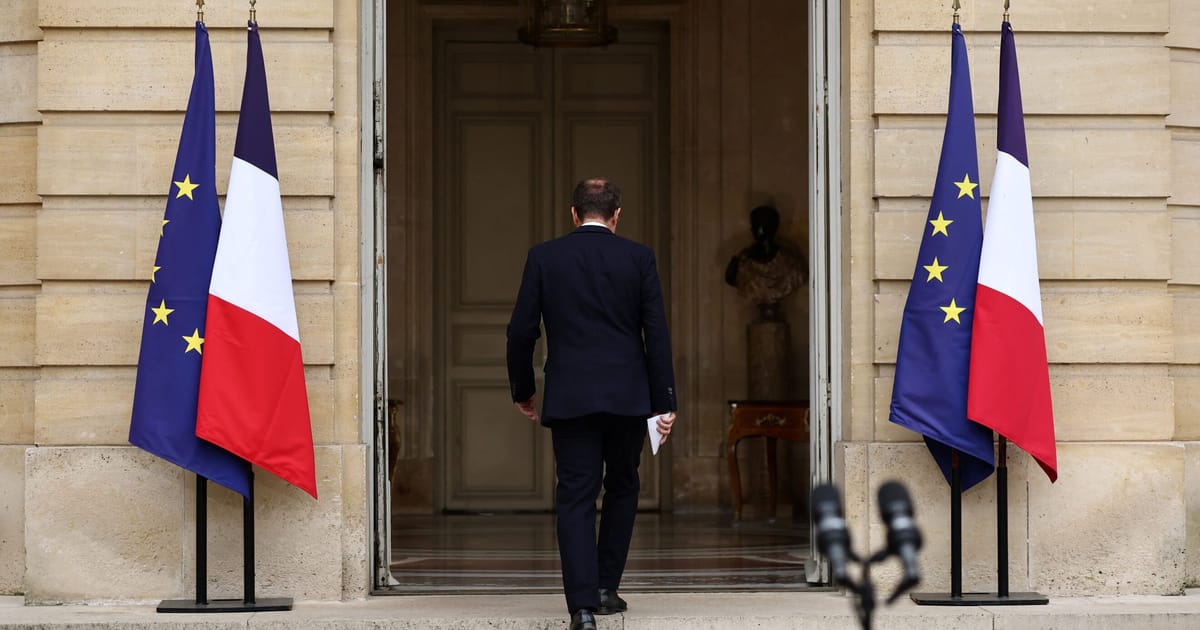The conservative Les Républicains, led by the hardline outgoing Interior Minister Bruno Retailleau, wanted guarantees that Retailleau would retain his post and would be granted full control over issuing visas and limiting access to medical care for undocumented people. The party, which had supported the previous two minority governments, also wanted assurances that Lecornu would rule out implementing a new wealth tax inspired by the economist Gabriel Zucman or backtrack on the 2023 pensions reform.
Lecornu responded with a short letter of intent outlining his future plans, stopping short of specific proposals but mentioning the need to address “irregular immigration.”
At the time, that answer had appeared to be enough to assuage Retailleau, though Les Républicains had been split on whether to join the new government in the hours before its announcement.
But when Macron’s chief of staff appeared on the Elysée steps to announce a first round of appointments on Sunday evening, it was far from a “break.”
Most ministers were holdovers from Bayrou’s team, and the two most prominent new additions — Bruno Le Maire at the armed forces ministry and Roland Lescure at the economy and finance ministry — were centrists who had held top jobs in previous governments under Macron.
Later that evening, Retailleau took to X to declare that the “composition of the government did not reflect” the “break” with previous administrations that Lecornu had promised upon taking office — and announced he would convene an emergency meeting of his party’s strategic board the next day.
